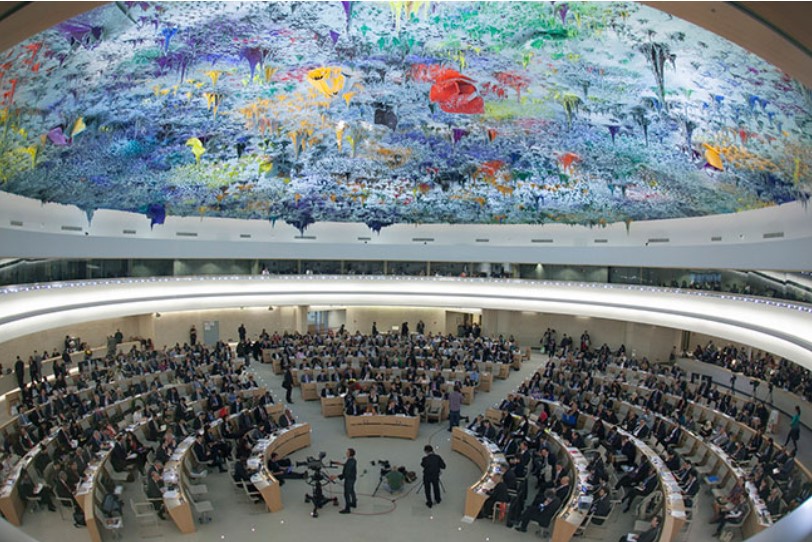
UNHRC Resolution on Sri Lanka – India adopts the safe option, abstains from voting

United Nations Human Rights Council (UNHRC) adopted a resolution on 22 March during its 46th regular session titled ‘Promotion of Reconciliation Accountability and Human Rights in Sri Lanka’ and put to vote. The resolution was sponsored by the core group of the UK, Canada, Germany, Malawi, Montenegro and North Macedonia in response to a report released by the office of the UN high commissioner for human rights in January. The resolution was approved by 22 countries in favour, 11 against including neighbours Bangladesh, China and Pakistan and 14 abstentions led by India, Indonesia, Japan and Nepal during the UNHRC’s 46th regular session.
India’s Statement at the 46th Session of the Human Rights Council before the vote on its consideration of the resolution read “Promoting reconciliation, accountability, and human rights in Sri Lanka” stated that its approach to the question of human rights in Sri Lanka was guided by “two fundamental considerations”. “One is our support to the Tamils of Sri Lanka for equality, justice, dignity and peace. The other is in ensuring the unity, stability and territorial integrity of Sri Lanka. We have always believed that these two goals are mutually supportive and Sri Lanka’s progress is best assured by simultaneously addressing both objectives,” stated Indian permanent mission’s First Secretary, Pawankumar Badhe. “India supports the call by the international community for the Government of Sri Lanka to fulfil its commitments on the devolution of political authority, including through the early holding of elections for Provincial Councils and to ensure that all Provincial Councils are able to operate effectively, in accordance with the 13th amendment to the Sri Lankan Constitution. At the same time, we believe that the work of OHCHR should be in conformity with mandate given by the relevant”.
Sri Lankan president Rajapaksa spoke to PM Modi just days before the crucial vote at UNHRC, seeking India’s support on the matter. India had kept the neighbour on tenterhooks as it did not indicate whether it will back Sri Lanka in the crucial vote till last moment. The MEA statement on the phone call between two leaders had mentioned that PM Modi reiterated Sri Lanka’s importance to India’s “Neighbourhood First” policy. During the informal consultations on the draft resolution in Geneva, India remained silent and did not offer any amendments. India also did not intervene when the final draft resolution was strengthened, compared to the initial zero draft, during the negotiation stage. One earlier two occasions also India had abstained from voting on similar resolutions, though it had voted in favour before that in 2012 and 2013.
The upcoming Tamil Nadu assembly election in April-May, may also have been a major factor behind India’s decision to abstain. The status of Sri Lanka’s Tamil minority is an emotional issue in Tamil Nadu’s politics. Moreover, the present disposition in Sri Lanka is seen by many as leaning more towards China and had also hosted PM of Pakistan recently. The recent incident of reneging on a 2019 tripartite India-Japan-Sri Lanka agreement for developing the East Container Terminal at Colombo port has also cast its shadow on the New Delhi’s equation with Colombo.
Some analysts feel that India’s traditional reluctance on backing direct UN intervention on human rights issues stem out of its sensitivities related to the Kashmir issue. But this may not be true as India has always stood against terrorism and upheld Human Rights at all international fora. Modi government has constantly engaged with Sri Lanka to take steps to devolve powers to the Tamil minority and address their aspirations.
Sri Lanka’s foreign minister Dinesh Gunawardena thanked the countries that voted against the resolution or abstained and tweeted his appreciation for the support shown at Geneva.


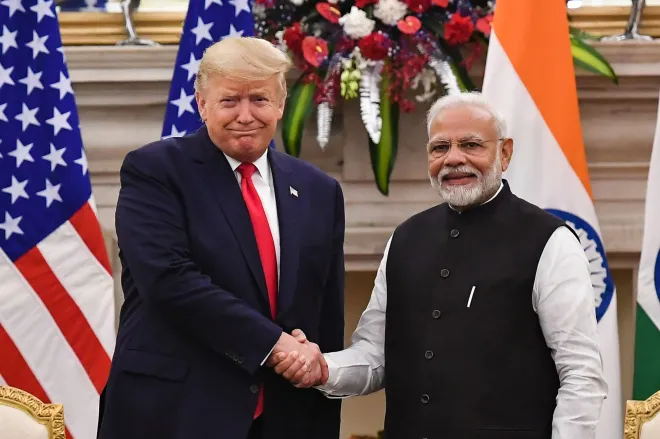
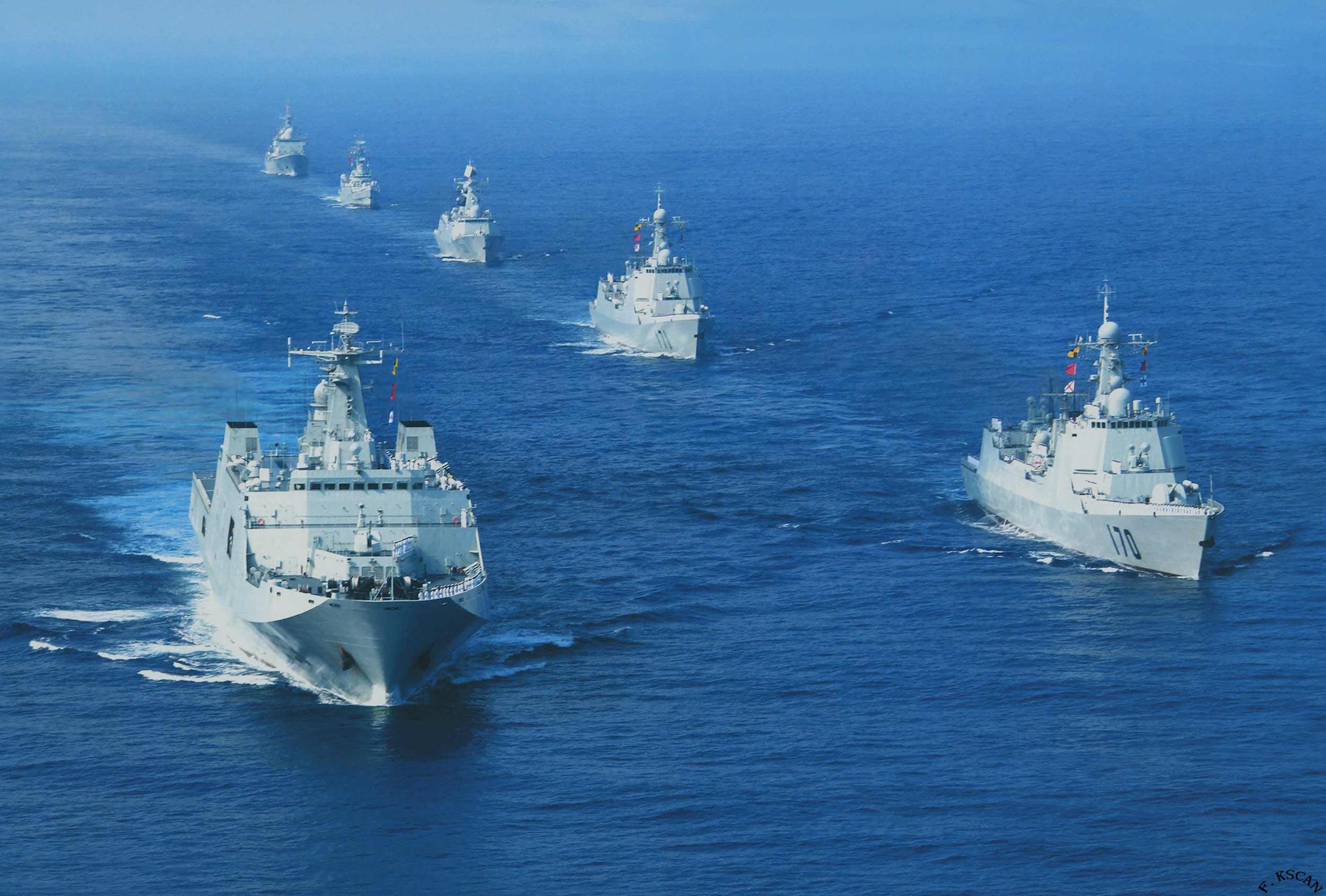

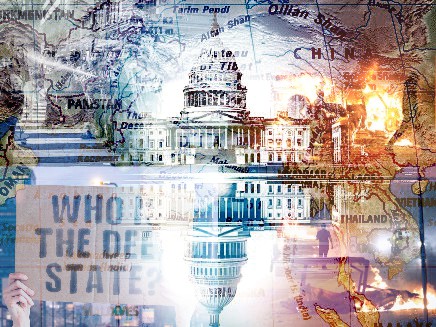
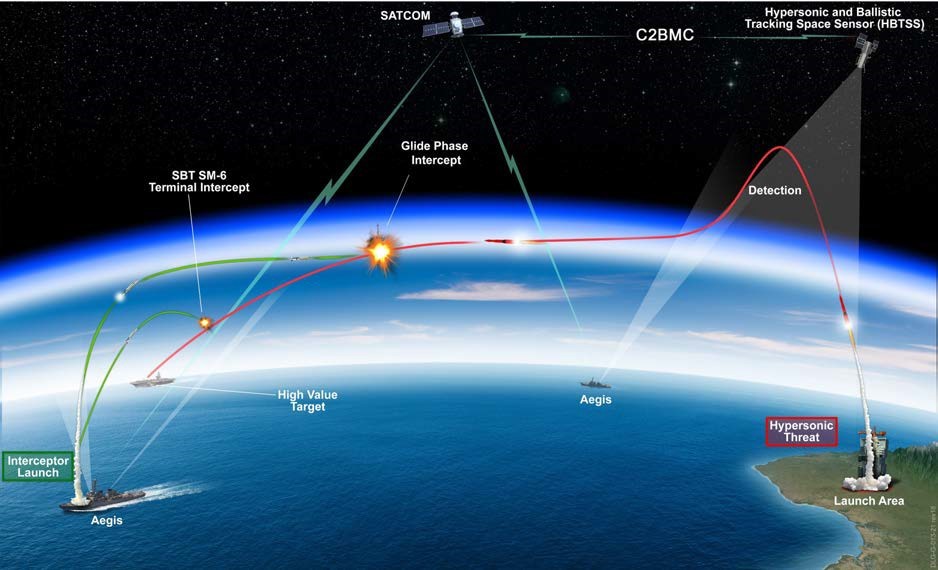
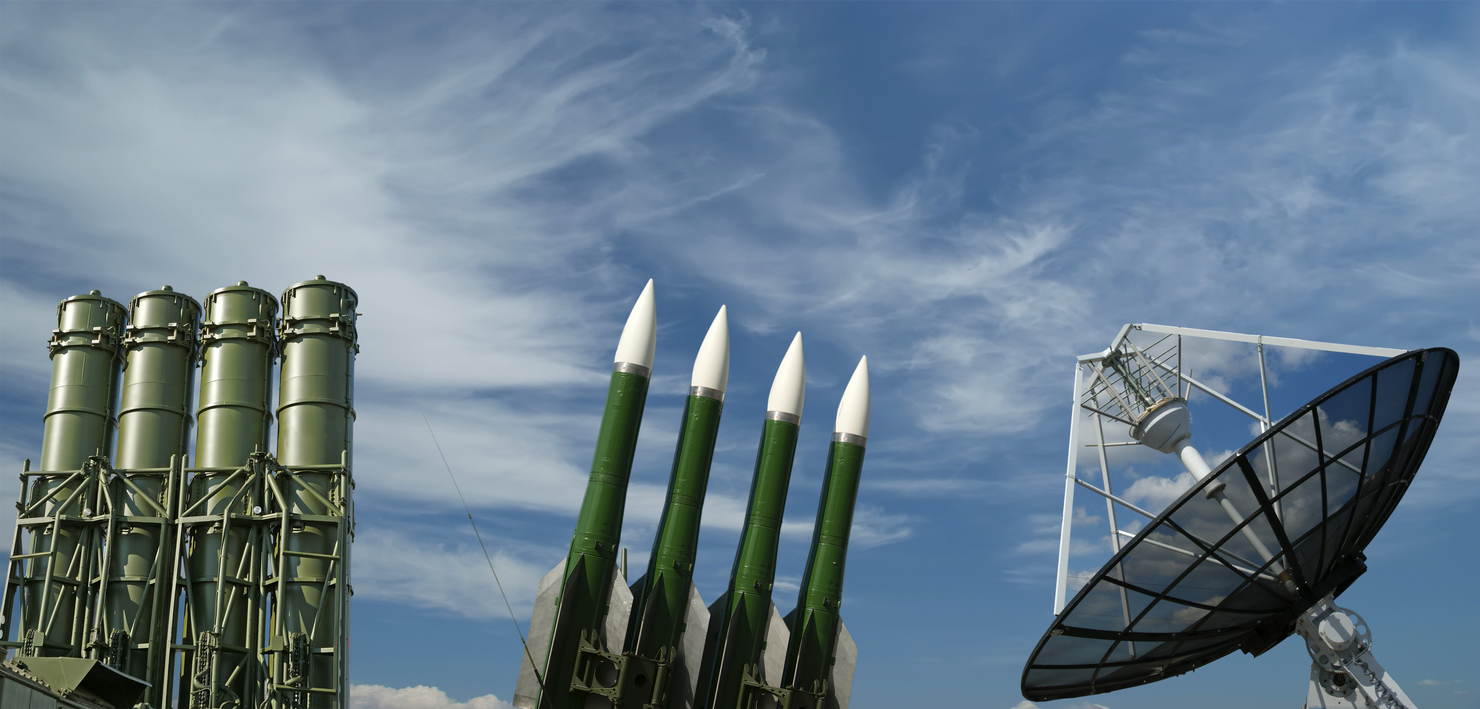
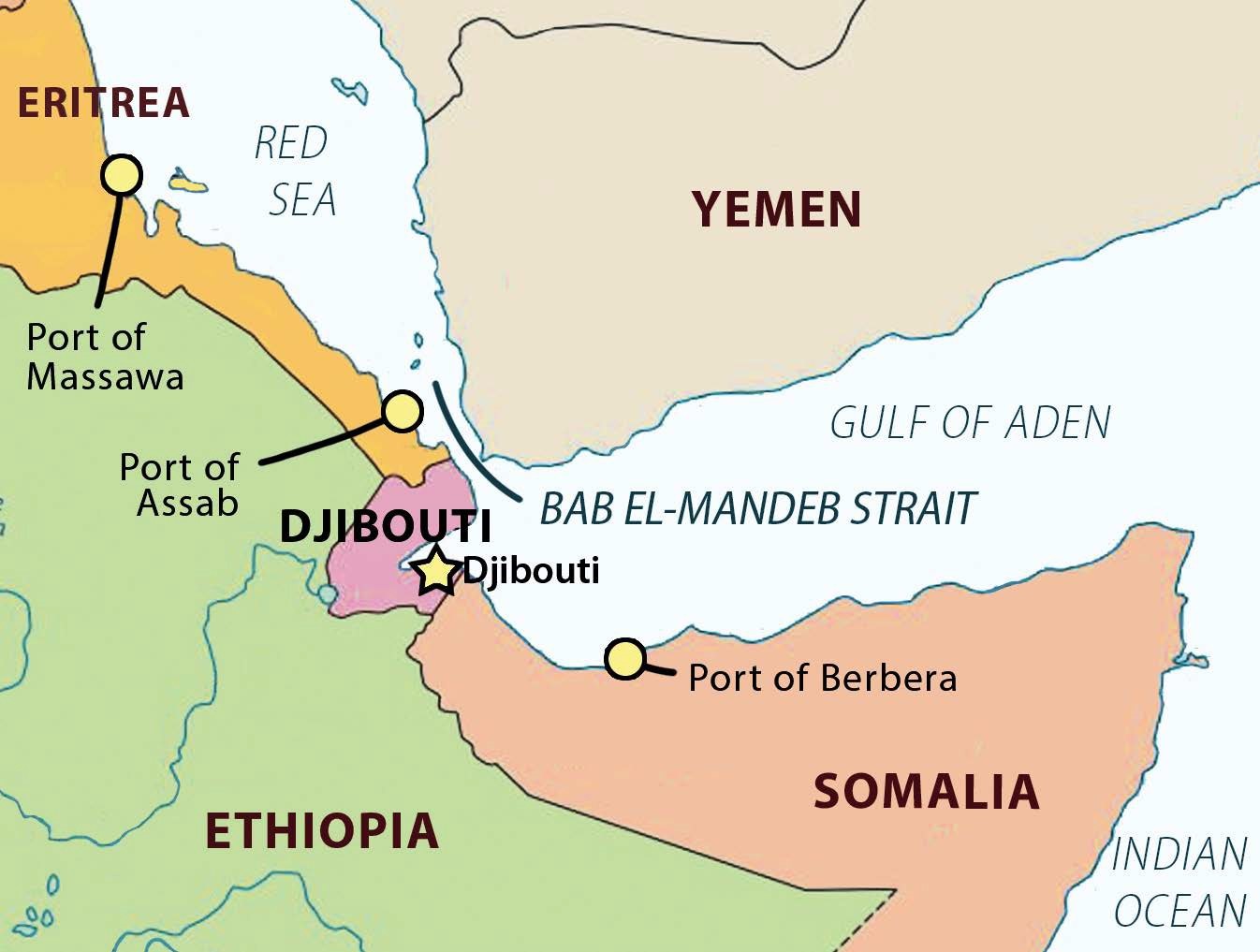
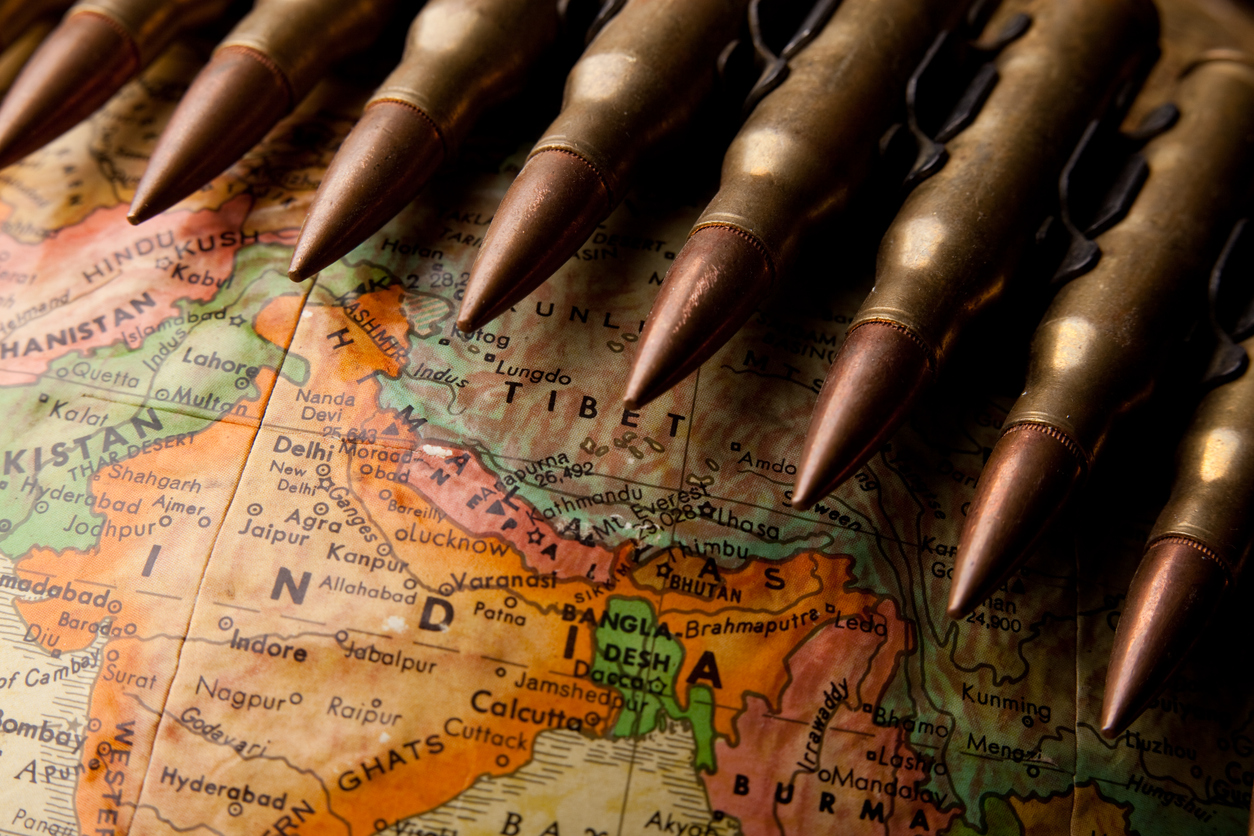
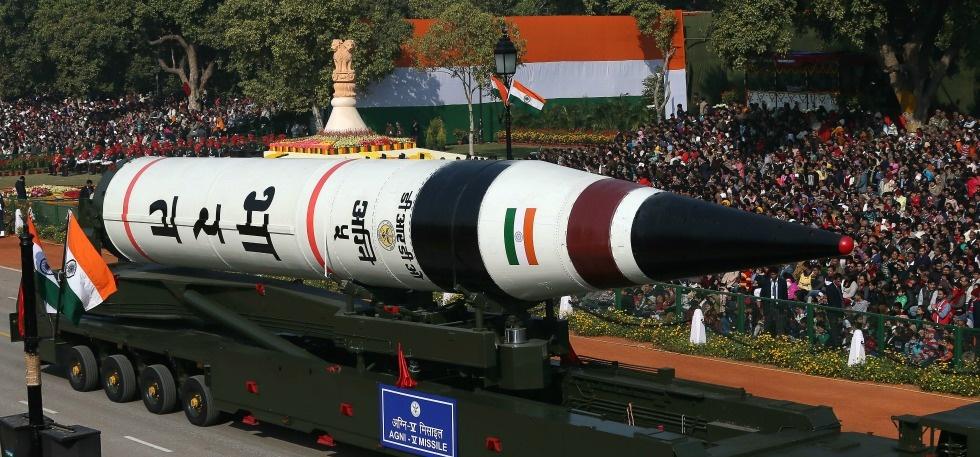






POST COMMENTS (0)